'Medicine That Could Save Your Dying Son's Life': Dr. Bartlett Advocates for Patient Rights, Life-Saving Treatment in Ohio Senate Testimony (Video)
"Your body, your healthcare choice—not your body, the hospital's choice, especially when hospitals are paid thousands of dollars more for one medicine over another," says Bartlett.
On Wednesday, emergency room director Dr. Richard Bartlett, MD, appeared before the Ohio Senate Health Committee to testify in favor of a piece of pro-patient rights legislation that would allow citizens of the state to freely collaborate with their doctor and choose medical treatment options they believe are right for them.
Follow Jon Fleetwood on Instagram @realjonfleetwood / Twitter @JonMFleetwood
The bill, known as the ‘Dave and Angie Patient and Health Provider Protection Act,’ House Bill 73 (HB 73), was spearheaded by Republican State Representatives Jennifer Gross (District 45) and Mike Loychik (District 65).
HB 73 passed the Ohio House of Representatives with bipartisan support back in June 2023.
Despite the bill moving quickly through the House, it’s reportedly being delayed in the Senate, as previously reported by this website.
The legislation can only be eligible for the Senate President, Senator Matt Huffman (R), to call it to a vote on the Senate floor if Senate Chairman Stephen A. Huffman (R) allows it to be voted out of committee.
The two senators are cousins.
According to campaign watchdog website OpenSecrets.org, Sen. Stephen Huffman receives campaign funding from the following healthcare industry groups who may have financial reasons to oppose HB 73:
CareSource Ohio, one of the largest Medicaid-managed care plans in the U.S.
Molina Healthcare, another Medicaid-managed care plan that provides coverage to Medicaid-eligible individuals and families in Ohio
The Ohio Hospital Association
CVS Caremark, the pharmacy benefit management (PBM) subsidiary of CVS Health
Some of the top industries contributing to Huffman’s campaign are listed on OpenSecrets as “Health Professionals,” “Health Services/HMOs,” and “Pharmaceuticals/Health Products.”
These represent groups whose profits could be significantly negatively impacted if HB 73 is signed into law.
This is because the bill allows patients to use less expensive and in some cases more effective medicines than those pushed by hospitals and pharmaceutical manufacturers.
Follow Jon Fleetwood on Instagram @realjonfleetwood / Twitter @JonMFleetwood
Dr. Bartlett, a thirty-year Texas physician and recipient of the Meritorious Service Award from Texas Health and Human Services, first explained to the Ohio Senate how he discovered a protocol for early and late treatment of COVID-19 using budesonide, clarithromycin, and aspirin.
He pointed to multiple peer-reviewed studies confirming the safety and efficacy of budesonide, a medicine that could have prevented over 90% of COVID deaths, and criticized hospitals’ bias toward expensive drugs.
He asked the committee members, “If you knew that there was a medicine that could save your dying son’s life and you were told by the hospital, ‘Sorry, we don’t allow that here. It’s not part of our protocol,’ would you try to get that medicine for your child anyway?”
“Bodily autonomy is a fundamental patient right. Your body, your healthcare choice—not your body, the hospital’s choice, especially when hospitals are paid thousands of dollars more for one medicine over another.”
Bartlett went on to emphasize the importance of informing patients of their treatment options.
“The AMA (American Medical Association) says informed consent is a basic patient right. Ohio patients should be informed of every treatment choice for COVID and the risks and benefits of every medicine,” he said.
“COVID patients were treated with budesonide in hospitals from coast to coast and quickly recovered. But Ohio COVID patients were refused budesonide and died. Often, budesonide was right down the hall in the hospital pharmacy, like it was for Dave and Angie. An Ohio doctor might discover an off-label medicine to save lives for the next novel, deadly, rapidly mutating pandemic. If so, House Bill 73 is needed to protect the doctor’s license and allow the patients to use the off-label medicine.”
The Texas physician warned about “more pandemics” in the future, referencing reports from this website covering the potentially incoming bird flu pandemic.
“Without House Bill 73, I predict millions of Ohio citizens will be denied life-saving medicine,” he said. “The CDC director, Redfield, said COVID was just a wake-up call. The great pandemic will be a bird flu that kills 30 times more people. U.S. Senator Ernst sent a letter to the USDA about work in labs to make bird flu more deadly and contagious. She reports work in labs in the middle of the U.S. that could lead to another lab leak pandemic. See JonFleetwood.com.”
Bartlett concluded by calling on the Senate to pass the bill and prevent further patient harm.
“The House did their part by passing a patient rights bill. It’s time for the Senate to do its part before the next pandemic,” he said. “If the Senate does not, the blood of many Ohioans will be on their hands. Thank you.”
You can watch Dr. Bartlett’s full testimony below:
You can read a transcript of Dr. Bartlett’s testimony below:
Chairman Huffman, Vice Chair Johnson, Ranking Member Antonio, and members of the Senate Health Committee, thank you for hearing my support testimony for House Bill 73. My name is Dr. Richard Bartlett. I’m the former advisor to Governor Rick Perry on the Texas Health Disparities Task Force for seven years and a recipient of the Meritorious Service Award from Texas Health and Human Services.
I’ve been practicing as an ER physician, I am a medical director of a hospital ER, and I discovered a COVID protocol for early and late treatment of COVID using budesonide, clarithromycin, and aspirin. I’ve been practicing medicine in Texas for 33 years.
Dr. Ben Carson was a member of the White House Coronavirus Task Force. Dr. Carson and I have discussed that over 90 percent of COVID deaths could have been prevented with budesonide and clarithromycin, based on the STOIC trial, the PRINCIPLE trial out of Oxford University, the TOGETHER trials—all of which are randomized controlled trials—and studies published in the Saudi Journal of Anesthesia and the Saudi Journal of Critical Care.
Budesonide is part of the government COVID protocols now in India and Australia, but it can still be denied to Ohio patients without House Bill 73. Refer to BudesonideWorks.com. I’d like to ask the committee members today: if you knew that there was a medicine that could save your dying son’s life and you were told by the hospital, “Sorry, we don’t allow that here. It’s not part of our protocol,” would you try to get that medicine for your child anyway? Bodily autonomy is a fundamental patient right. Your body, your healthcare choice—not your body, the hospital’s choice, especially when hospitals are paid thousands of dollars more for one medicine over another.
The AMA says informed consent is a basic patient right. Ohio patients should be informed of every treatment choice for COVID and the risks and benefits of every medicine. COVID patients were treated with budesonide in hospitals from coast to coast and quickly recovered. But Ohio COVID patients were refused budesonide and died. Often, budesonide was right down the hall in the hospital pharmacy, like it was for Dave and Angie. An Ohio doctor might discover an off-label medicine to save lives for the next novel, deadly, rapidly mutating pandemic. If so, House Bill 73 is needed to protect the doctor’s license and allow the patients to use the off-label medicine.
The Ohio House debated and crafted a thoughtful House Bill 73 patient rights bill, which passed overwhelmingly in the House with bipartisan support because they understood that Ohio families lost loved ones due to “standard of care” protocols that did not take individual needs and the skill and training of their physicians in mind.
Even with the federal Right to Try Act and the Ohio Right to Try Act, thousands of patients could not fill medications like budesonide at pharmacies and could not get access to all treatment protocols in hospitals. Before the interested party meeting, there were only three official letters from special interest groups against the patient rights of House Bill 73: the Ohio Hospital Association, the Ohio Pharmacist Association, and the Ohio Council of Retail Merchants. Since then, other special interest groups have been recruited to kill the bill for patient rights. Have any of the committee members received thousands of dollars from Friends of Ohio Hospitals, CVS, Walmart, and other special interests that are interested in killing this bill?
Did the special interest groups buy influence to kill the bill for patient rights? How many more must die? Hospital pharmacy care was improved by Emily’s Law of Ohio. One two-year-old died, and a law was passed to ensure that not one more life was lost. In contrast, countless COVID victims have died being denied budesonide by Ohio hospitals. This could have been prevented with House Bill 73. If the Ohio Hospital Association and the Ohio Pharmacist Association are the experts on hospital care, why didn’t they lobby against dangerous hospital practices before a two-year-old died? Didn’t the OPA see the patient safety issues before Emily died?
I expect the OHA to use “standard of care” as an argument against the patient rights of House Bill 73. What they might not point out is that the standard of care changes all the time with new medical discoveries. I wouldn’t hold my breath for the OHA to save the day. The WHO gets it wrong. The WHO director said monkeypox was a worldwide health emergency two years ago. Remember the emergency? It didn’t happen. The WHO praised China’s pandemic response. Enough said. The WHO should not be in charge of patient care for the next pandemic. We will have more pandemics. Without House Bill 73, I predict millions of Ohio citizens will be denied life-saving medicine. The CDC director, Redfield, said COVID was just a wake-up call. The great pandemic will be a bird flu that kills 30 times more people. U.S. Senator Ernst sent a letter to the USDA about work in labs to make bird flu more deadly and contagious. She reports work in labs in the middle of the U.S. that could lead to another lab leak pandemic. See JonFleetwood.com.
The House did their part by passing a patient rights bill. It’s time for the Senate to do its part before the next pandemic. If the Senate does not, the blood of many Ohioans will be on their hands. Thank you.
Follow Jon Fleetwood on Instagram @realjonfleetwood / Twitter @JonMFleetwood
Do Hospital Profits or 'We The People' Run Ohio's Legislature? Medical Freedom Bill Delayed by Healthcare Industry-Funded Senate Chair
In a series of steps toward safeguarding patient healthcare liberties, the ‘Dave and Angie Patient and Health Provider Protection Act,’ House Bill 73 (HB 73), has been making significant headway through Ohio’s legislative channels, spearheaded by Republican State Representatives
7 Studies Confirm Antiviral 'Xofluza' Is 'Drug of Choice' for Bird Flu, as USDA Tests Ground Beef for Virus
The U.S. Department of Agriculture (USDA) will begin testing ground beef for H5N1 bird flu (influenza) particles, as the virus has reportedly been found in nearly three dozen dairy herds across nine states.
8 Studies Support Ivermectin's Effectiveness Against Influenza Amid Bird Flu Pandemic Worries
As the H5N1 influenza A virus (IAV) infects birds and mammals, including humans, across the world, health experts are warning a bird flu pandemic could be “100 times worse” than COVID-19.
U.S. 'Relaxes' Biolab Regulations for Handling Deadly Pathogens Despite Ex-CDC Chief's Bird Flu Pandemic Warning
The United States has “temporarily relaxed strict guidelines” for handling, storing, and transporting dangerous H5N1 bird flu samples, following a request from the Association of Public Health Laboratories (APHL), a U.S. government-funded nonprofit membership organization.
U.S. Gov't Is Making a Vaccine for a Virus It Also Happens to Be Making More Deadly: Bird Flu
The U.S. Department of Agriculture (USDA) is spending $1 million of American taxpayer money to fund gain-of-function experiments on dangerous bird flu (avian influenza) viruses in collaboration with Chinese scientists, according to a new report.
Biden Signs Into Law Spending Bill That Could Apply Over $1 Billion to Future Bird Flu Pandemic: Doctor Says 'Bioweapon Event' Could Be Imminent
Summary: Biden signs $1.2 trillion spending package Legislation allocates $708,272,000 for emerging and zoonotic infectious diseases Additional $315,000,000 earmarked for flu pandemic preparation, includes vaccine production Congress readies over a billion dollars for future animal-to-human infectious diseases, like bird flu (influenza)
As Media Hypes Bird Flu-Infected Cows, Bird Flu Vaccine Discovered to Contain Neurotoxin Mercury, Dog DNA, Cancer-Causing Chemicals: FDA Package Insert
The U.S. Department of Agriculture (USDA), Food and Drug Administration (FDA), and Centers for Disease Control and Prevention (CDC) are claiming rampant bird flu (H5N1 avian influenza) has spread to dairy cattle across several states.
'Ivermectin Is an Effective Medication' for COVID-19: Double-Blind, Randomized Clinical Trial: 'Jundishapur Journal of Health Sciences'
A new study published last month in the Iranian Jundishapur Journal Of Health Sciences confirms that the antiviral drug ivermectin is a safe and effective treatment for COVID-19.
New Bat Lab Proposed Despite CDC's Past 'Serious Safety Violations While Working with Bioterror Pathogens' in Colorado
A new taxpayer-funded laboratory is being built in Fort Collins, Colorado that will import bats from around the world and experiment on dangerous diseases, potentially including Ebola, Nipah virus, and COVID-19.
Documents Reveal Over 50 Safety Incidents at CSU's Virus Lab Amid New Bat Research Facility Construction
Documents obtained through a Freedom of Information Act (FOIA) request by the White Coat Waste Project (WCW) have exposed a series of alarming safety incidents at Colorado State University (CSU) in Fort Collins.
New Images Show Colorado Bat Lab Construction Underway Despite Safety Concerns
Construction has begun on a new laboratory at Colorado State University’s (CSU) Foothills Campus in Fort Collins, despite significant safety concerns.

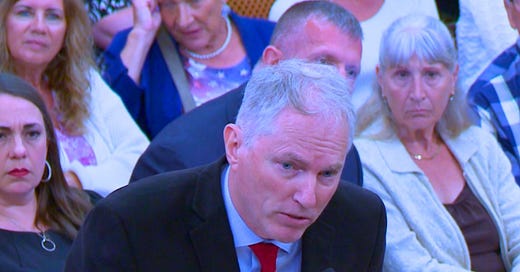





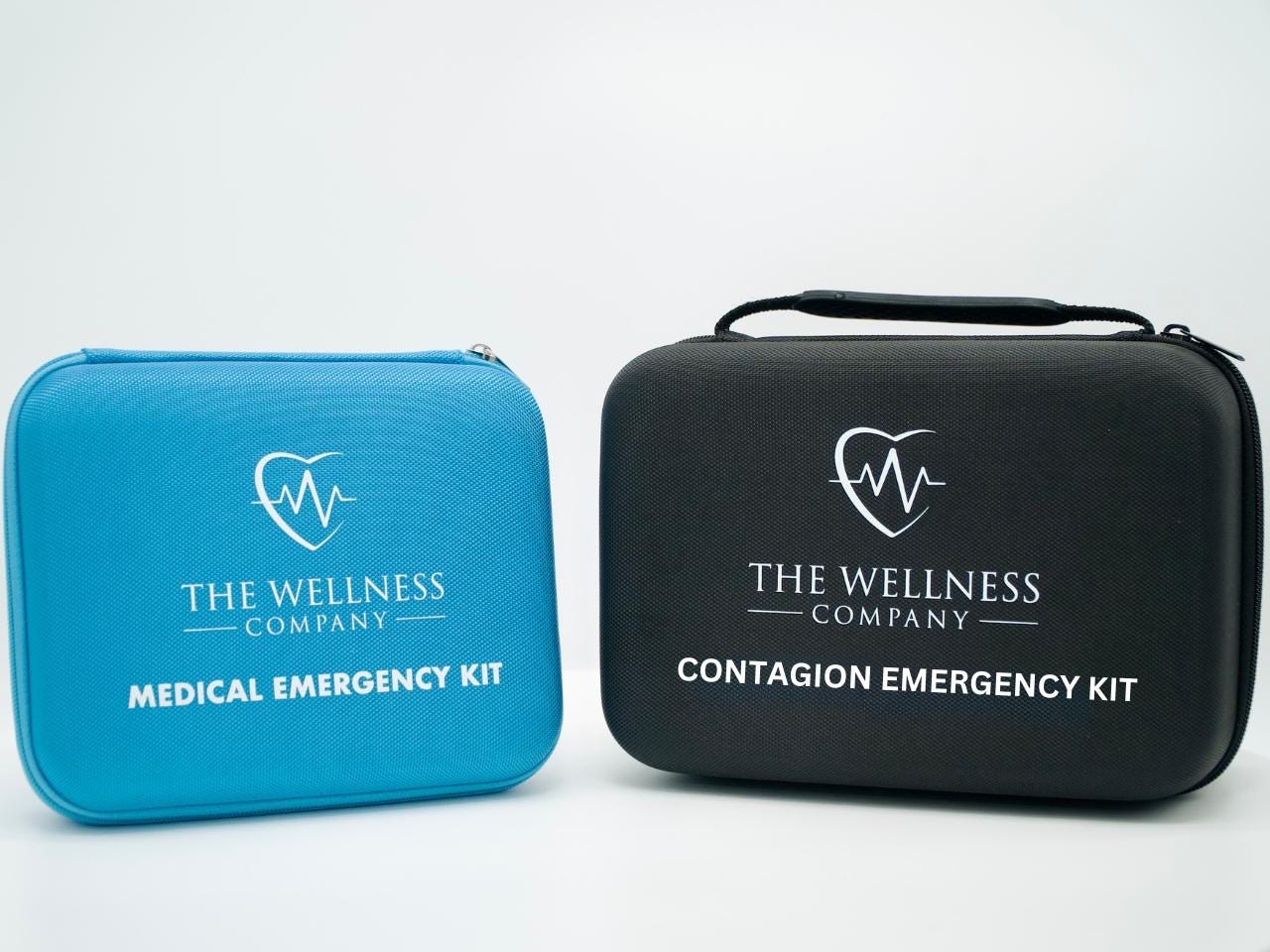
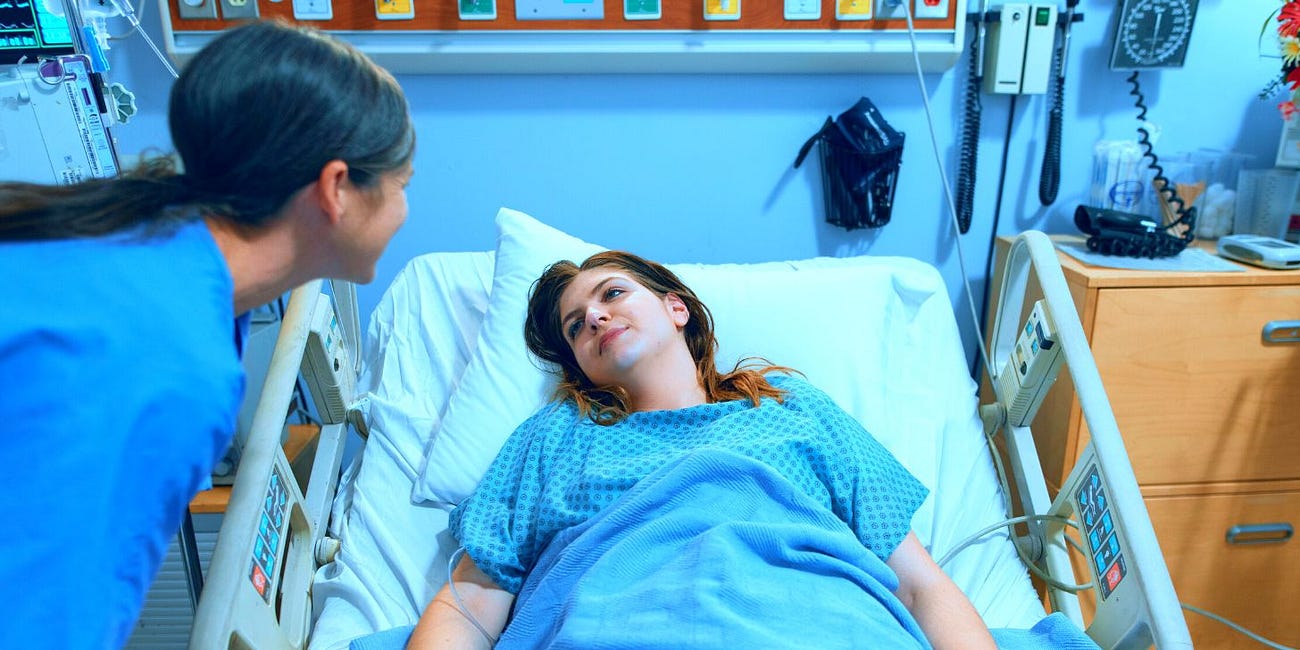
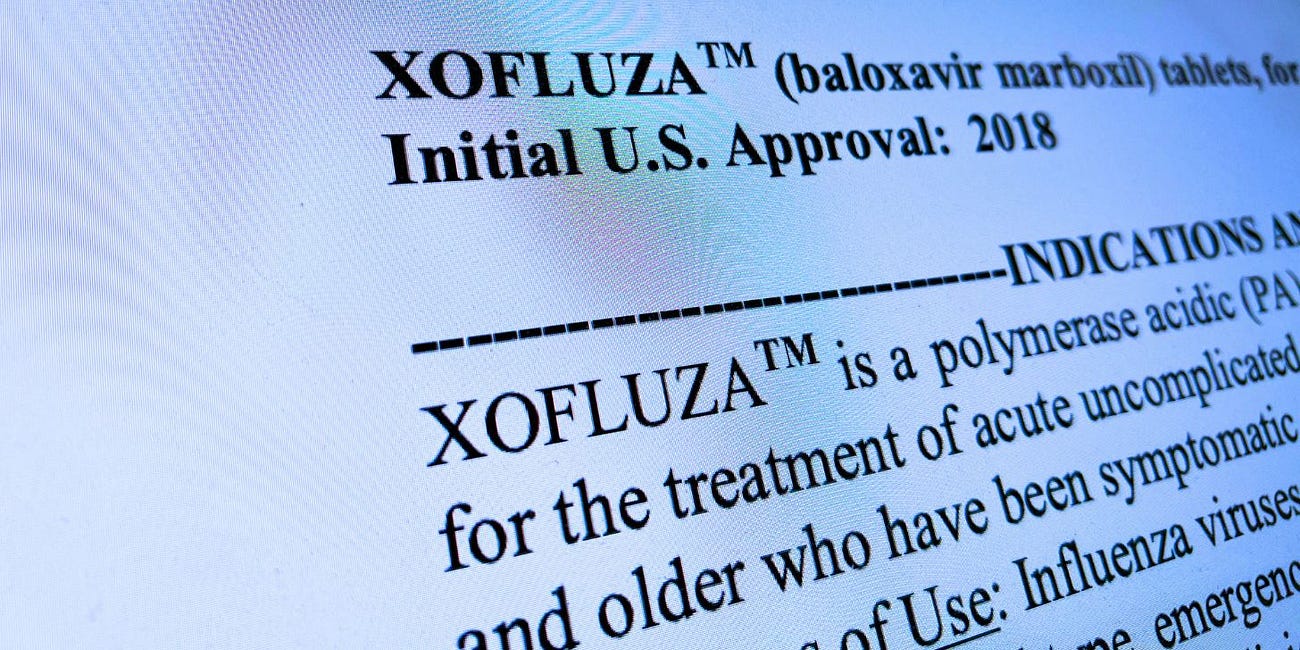

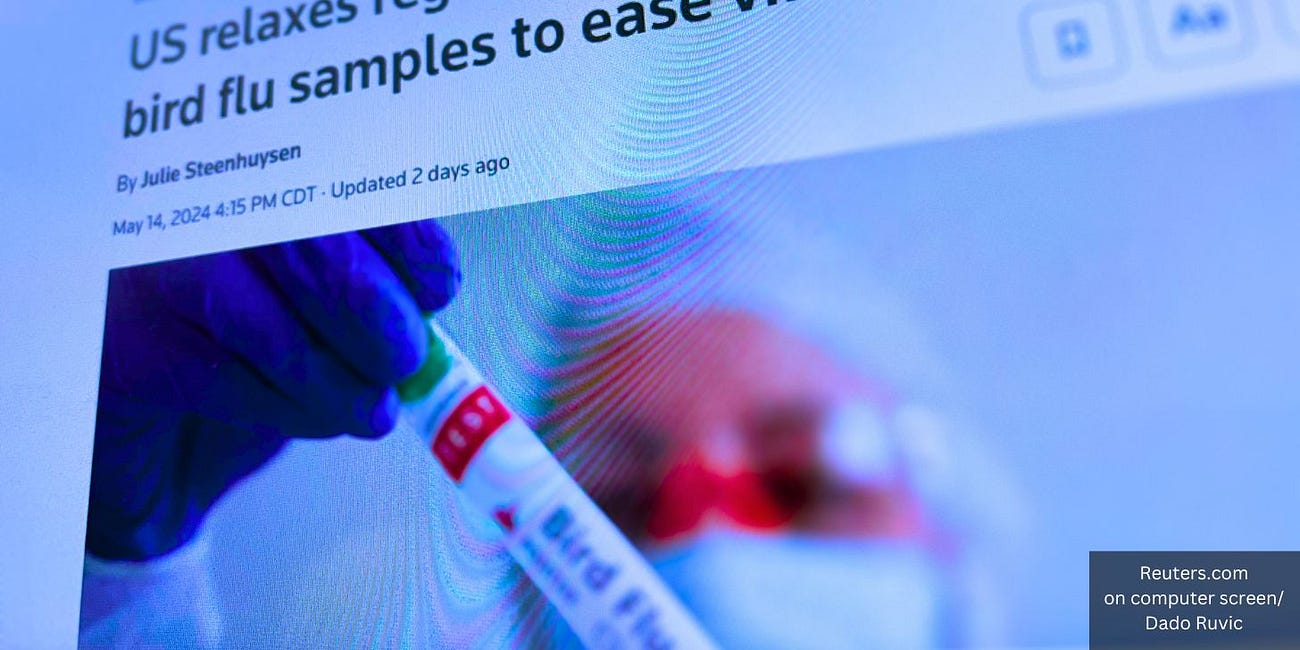



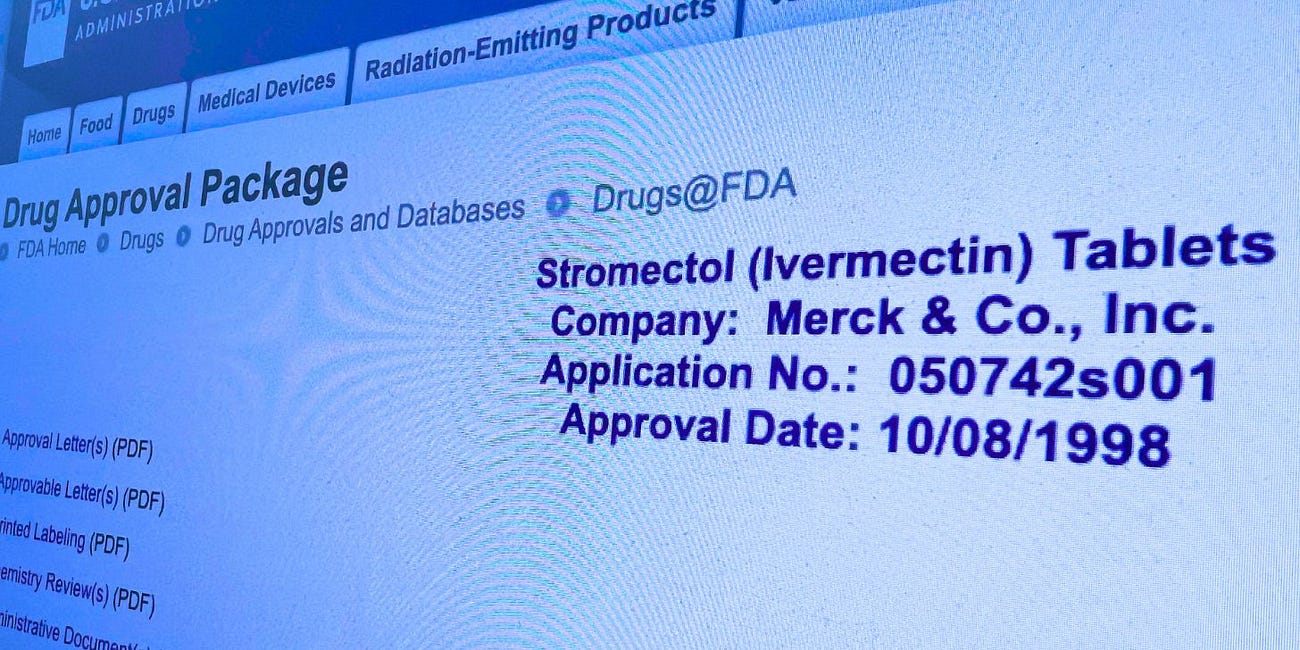



How much $$ does the Black Ohio Govt person questioning Dr Bartlett collect from pharmaceutical companies? Hmmmm?
Sounds like a typical progressive, thinking we’re too dumb to read